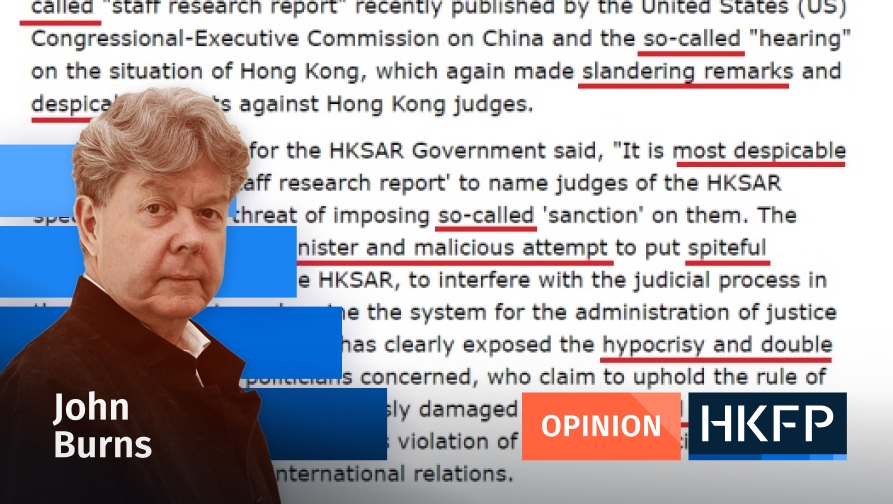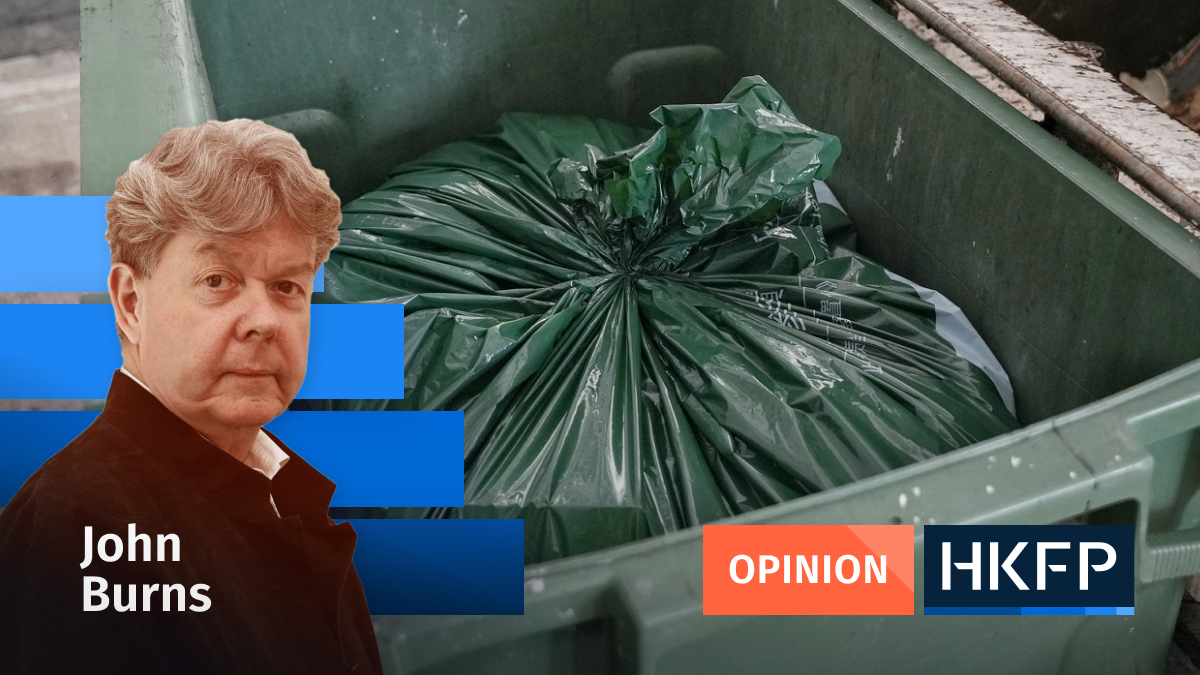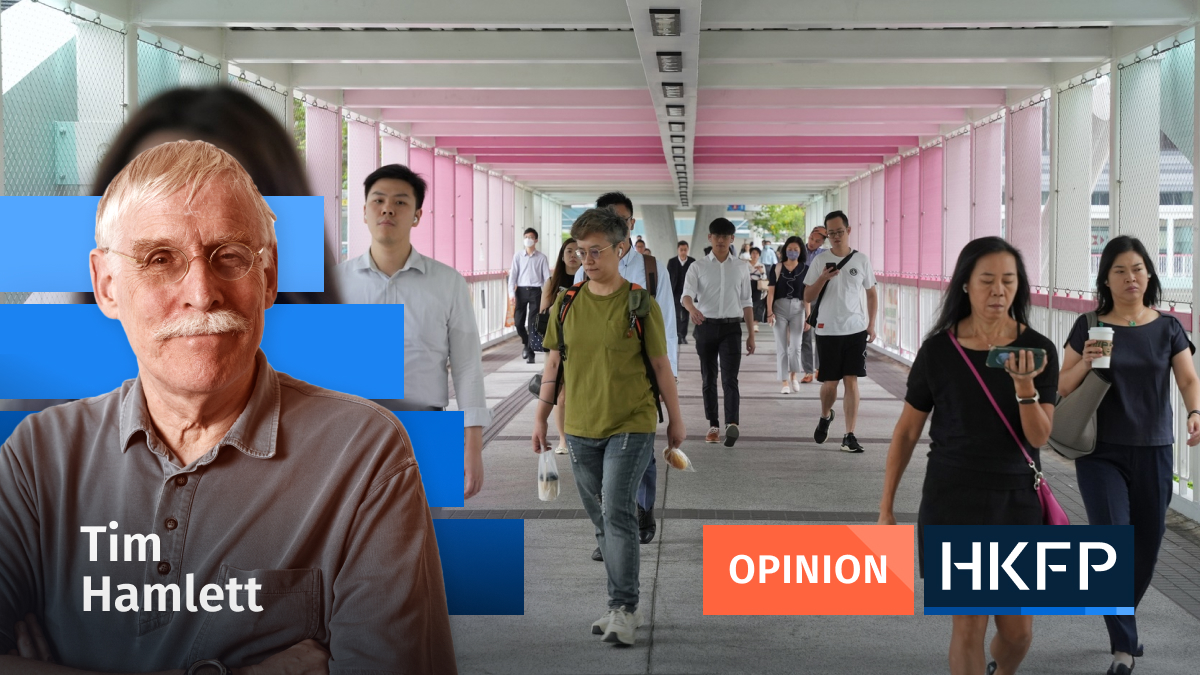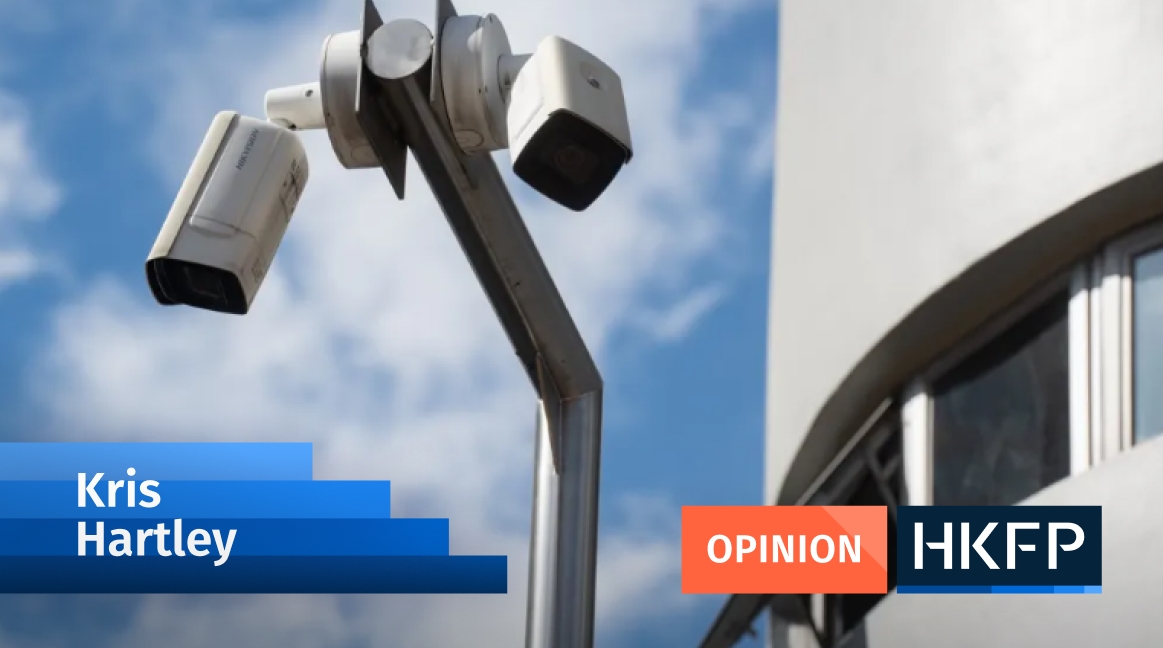Chief Executive John Lee recently delivered his second Policy Address since assuming office in July 2022, detailing numerous initiatives to address both the opportunities and challenges confronting Hong Kong in the post-pandemic era.

Among its highlights were a cash handout of HKD20,000 for each newborn child and comprehensive strategy to address poverty, housing, and health care – issues that will involve increased social welfare spending, the construction of more public housing units, and the enhancement of the public health care system.
The Policy Address reflects Lee’s vision and pledge for Hong Kong’s future. As stated in his speech: “Our policy objectives are to make Hong Kong a better place for all – for people to enjoy a better living environment, students to receive quality education, young people to fully realise their potential, and the elderly to be well taken care of.“
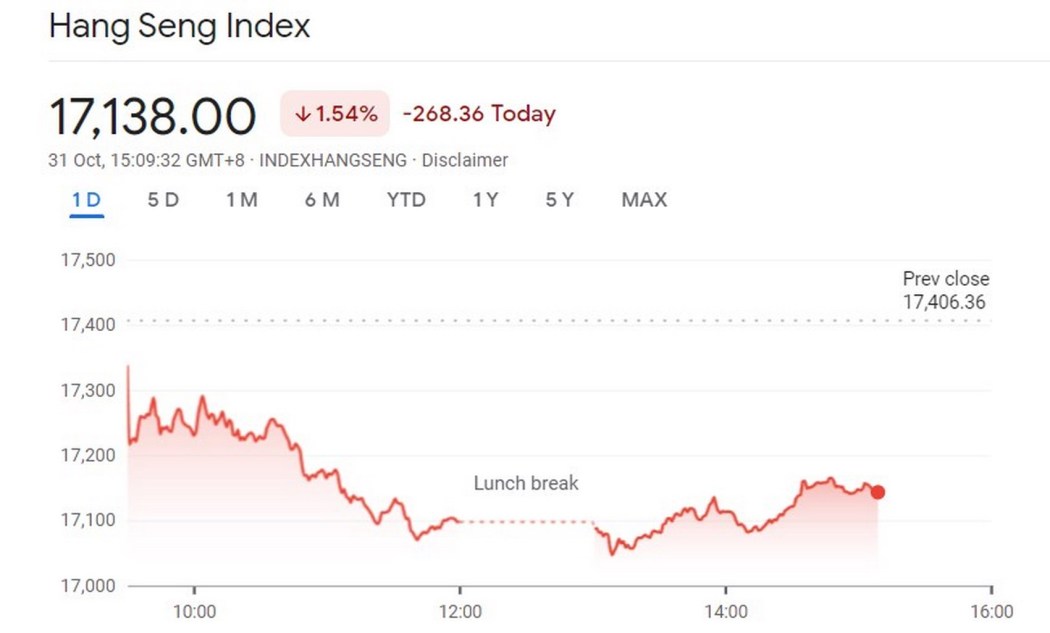
Yet, while the Policy Address may appear compelling and determined, it has two significant drawbacks: it requires a substantial amount of funding that may not be available given the current state of the economy, and it ignores the global perspective that is essential for Hong Kong’s success under One Country, Two Systems.
First and foremost, given Hong Kong’s budget deficit and stock market plummet, the policy address is both exorbitant and difficult to attain. According to the most recent official data, Hong Kong’s deficit for the 2022-23 fiscal year is HK$140 billion, more than twice the initial projection of HK$56 billion.
Additionally, Hong Kong’s stock market has underperformed other major markets in the region. The Hang Seng Index (HSI) recently plunged to 18,415.08, its lowest level since 2016. The HSI’s decline can be primarily attributed to investors’ and businesses’ diminished confidence in Hong Kong’s economic prospects.
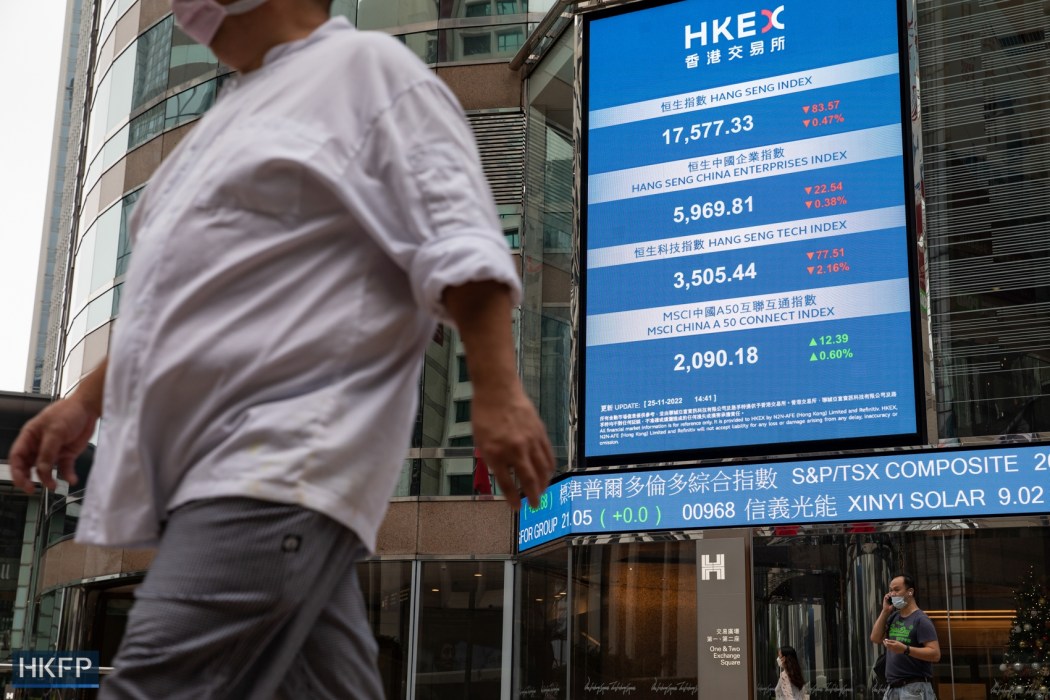
Considering the current economic situation, it is uncertain how the government will implement and execute all of the policy recommendations without jeopardising fiscal discipline and financial reserves.
To adequately and appropriately support its budget, the government might be required to finding new ways to increase revenue, issue bonds, and minimise expenditure. These remedies, however, may have long-term negative consequences for Hong Kong’s economy and society.
Furthermore, the Policy Address is overly inward-looking, neglecting Hong Kong’s international development. Hong Kong is not only part of China, but also an international city with a high level of autonomy under One Country, Two Systems.
Even though Lee rightfully asserted that Hong Kong “can capitalise on both the China advantage and the international advantage,” he neglected to clarify how the city intends to maintain its transparency and diversity in order to preserve its competitive edge and appeal worldwide.
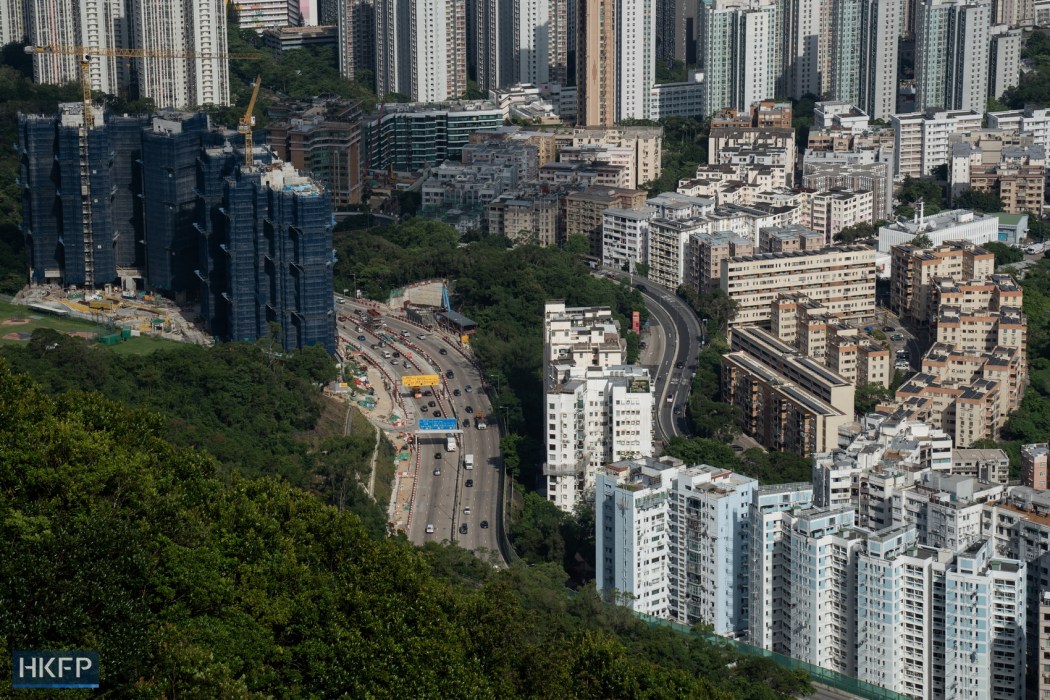
This reality does not appear to be acknowledged in the Policy Address. Instead, it focuses primarily on expanding Hong Kong’s integration with mainland China and promoting internal cohesion, which is critical and necessary but insufficient for the city’s long-term growth and prosperity.
For instance, the multi-entry China visa scheme for foreigners working at Hong Kong-registered companies could facilitate travel and business between Hong Kong and mainland China, but it may also raise concerns regarding immigration control and border security in Hong Kong.
Similarly, while the reduction in stamp duty may stimulate the property market and benefit home buyers, it may also raise demand for properties, exacerbating the housing crisis.
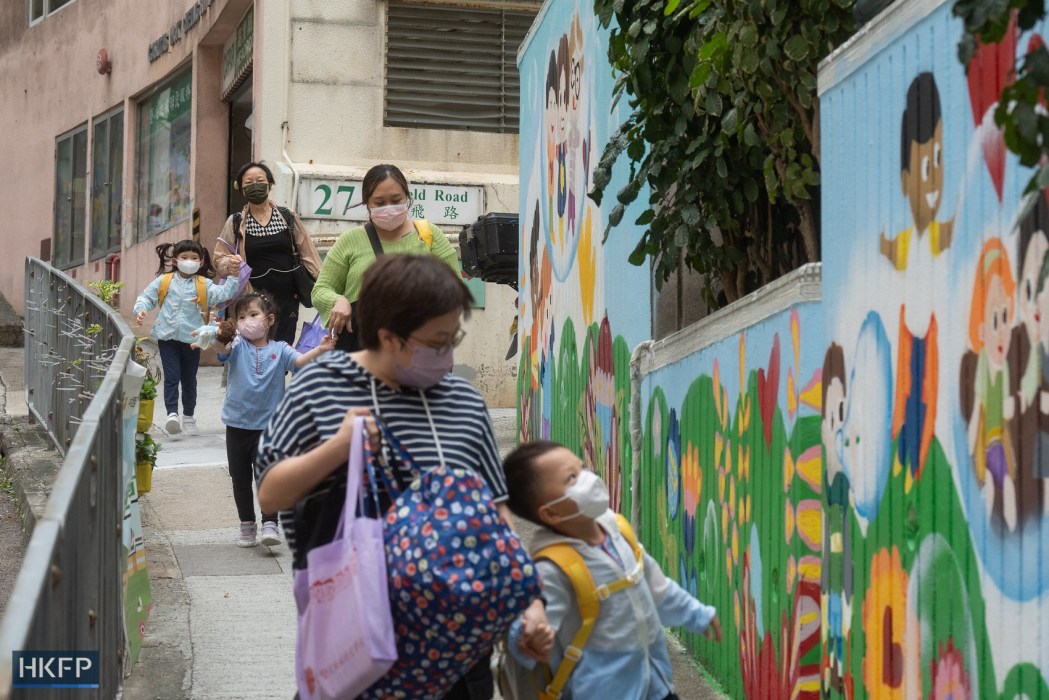
Moreover, while the cash handout for newborns may encourage more couples to consider having children, hence increasing Hong Kong’s birth rate, it may also create financial strain for parents and taxpayers in the future.
Finally, while the approach to address poverty, housing, and health care obstacles could enhance Hong Kong residents’ living standards and well-being, it may also foster a dependency culture and reduce people’s motivation and competitiveness.
Overall, the Policy Address fails to address the fundamental issues impacting Hong Kong’s international reputation and relations.
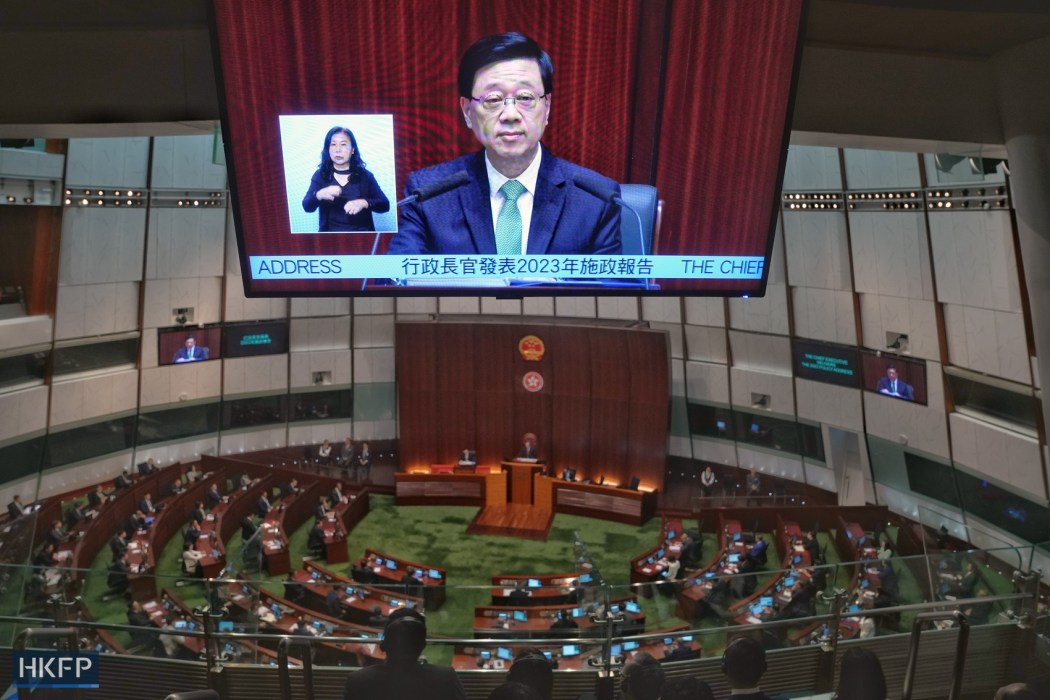
As it stands, the policy address has two particularly significant shortcomings: it calls for a large amount of funding that might not be available given the current state of the economy; and while various committees will be established to study and determine financing options for the upcoming large infrastructure projects, it lacks the certainty and reassurance that sufficient finances will be available from the private sector for these projects.
With our reserves only sufficient for one year’s expenditure, together with disappointing land sale revenue figures, it begs the question, are we financially capable of making so many commitments? Failure to deliver these promises will have dire consequences on the state of the government as well as citizen and investor confidence, both foreign and domestic.
The Policy Address also neglects the international perspective that is crucial to Hong Kong’s competitiveness and it uniqueness under the One Country, Two Systems framework. In order to address these inadequacies, the government ought to balance its expenditure and revenue, diversify its economic structure, enhance its collaboration with other nations and regions, and consider opinions from various segments of the community. Then and only then will Hong Kong be able to genuinely create a bright future for its citizens.
Support HKFP | Policies & Ethics | Error/typo? | Contact Us | Newsletter | Transparency & Annual Report | Apps
| HKFP is an impartial platform & does not necessarily share the views of opinion writers or advertisers. HKFP presents a diversity of views & regularly invites figures across the political spectrum to write for us. Press freedom is guaranteed under the Basic Law, security law, Bill of Rights and Chinese constitution. Opinion pieces aim to point out errors or defects in the government, law or policies, or aim to suggest ideas or alterations via legal means without an intention of hatred, discontent or hostility against the authorities or other communities. |
Help safeguard press freedom & keep HKFP free for all readers by supporting our team

More HKFP OPINION:
HKFP has an impartial stance, transparent funding, and balanced coverage guided by an Ethics Code and Corrections Policy.
Support press freedom & help us surpass 1,000 monthly Patrons: 100% independent, governed by an ethics code & not-for-profit.




